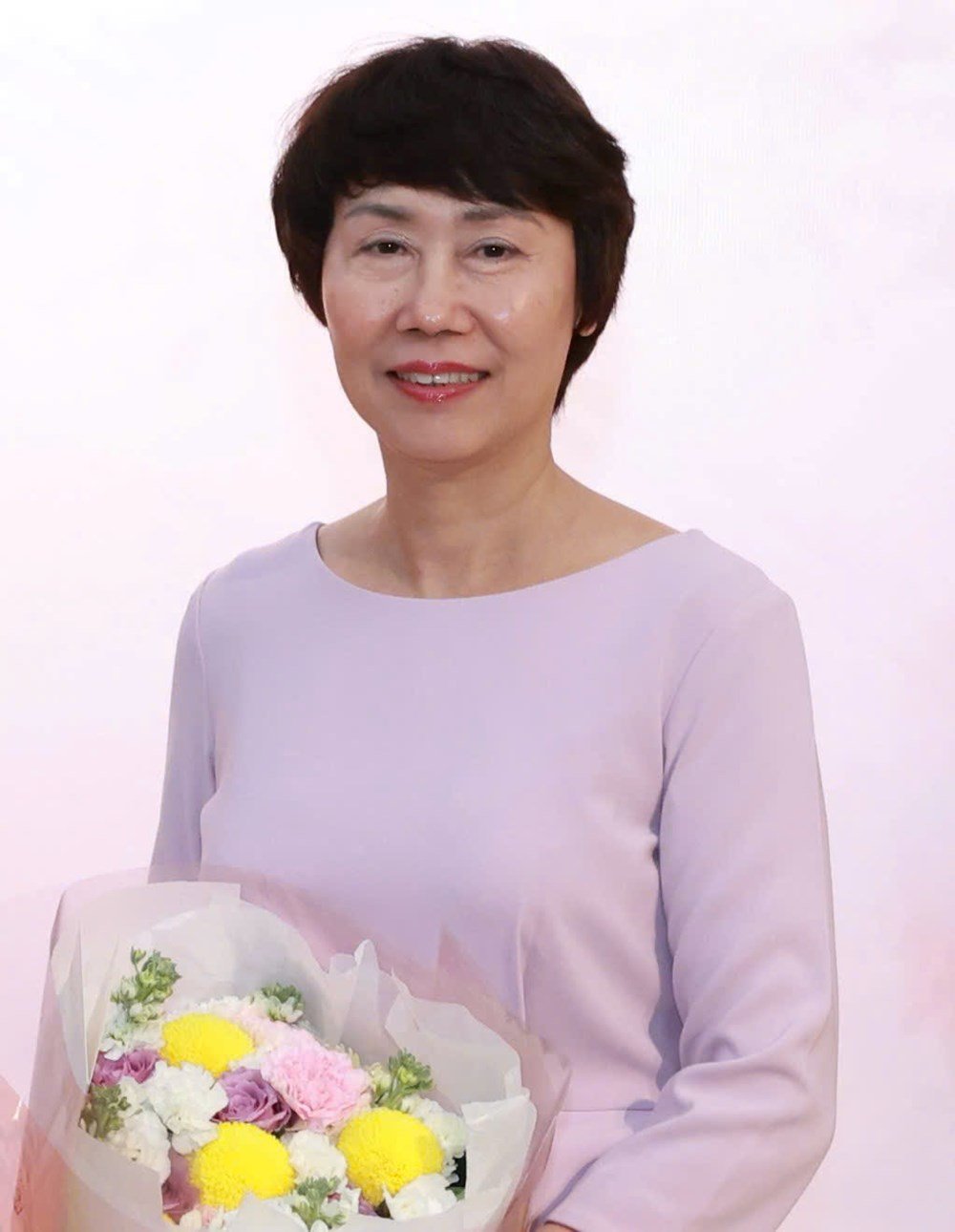
According to Prof. Dr. Tu Thi Loan, former Acting Director of the Vietnam National Institute of Culture and Arts (now the Vietnam Institute of Culture, Arts, Sports and Tourism), this is a new viewpoint, demonstrating a specific vision for culture to truly become the soft power of the nation, opening up new requirements for the work of building, managing and developing Vietnamese culture in the era of the 4.0 industrial revolution and increasingly fierce competition for national image.
From “spiritual foundation” to “national soft power”
Professor Tu Thi Loan said that the Party's awareness of the role of culture is a process of continuous inheritance and development. From the "Outline on Vietnamese Culture in 1943" to the Congress documents, the Party has always given a central position to culture. An important turning point appeared at the 7th Congress (1991), when our Party affirmed: "Culture is the spiritual foundation of society, both the goal and the driving force for socio-economic development".
This viewpoint was further deepened in Resolution No. 5 of the 8th Central Committee (1998) and Resolution No. 33 of the 9th Central Committee Conference, 11th Central Committee (2014), when culture was identified as the endogenous strength of sustainable development and for the first time mentioned the development of cultural industry as a key economic sector.
At the 13th Congress (2021), the Party continued to affirm: "Comprehensively develop culture, build Vietnamese people in the new era, enhance national soft power". And moving to the Draft Documents of the 14th Congress, this content was more strongly concretized with the goal: "Strongly develop cultural industry and cultural services to meet people's enjoyment needs; build breakthrough policies to support the development of cultural industry, entertainment industry, preserve and promote heritage, encourage creativity in art and digital content production".
“This transformation shows that our Party has taken a big step forward in thinking - from “culture supporting development” to “culture leading development”, considering culture not only as a foundation but also as a strategic resource to enhance national status”, Professor Tu Thi Loan analyzed.
Vietnam's cultural soft power - The foundation of international integration
According to Professor Tu Thi Loan, the concept of "soft power" (initiated by American scholar Joseph S. Nye) has been creatively applied by our Party to the specific conditions of Vietnam. Vietnam's cultural soft power is demonstrated through 5 main pillars including: The system of cultural values - Vietnamese people (patriotism, self-reliance, humanity, love of learning, tolerance and creativity); Rich tradition and unique cultural heritage (9 world heritages, 16 intangible heritages recognized by UNESCO, thousands of national relics, more than 5,000 craft villages and nearly 9,000 festivals); The dynamism of contemporary art and culture (music, cinema, fine arts, fashion, creative industries are strongly developing, contributing about 4.1% of GDP, expected to reach 7% by 2030); The prestige of Vietnamese cultural celebrities (from Nguyen Trai, Nguyen Du, Ho Chi Minh to Ho Xuan Huong, Nguyen Dinh Chieu - the quintessential symbols spreading Vietnamese culture to the world); Cultural diplomacy (Vietnam uses culture as a "language of dialogue", spreading the image of a peaceful , friendly, creative and humane country).
According to Prof. Dr. Tu Thi Loan, building, consolidating and promoting the soft power of Vietnamese culture cannot only be the task of the Culture sector, but must be an overall strategy of the whole country. In order for the Party's policies and guidelines to come into life, it is necessary to synchronously deploy an ecosystem including institutions, mechanisms, financial resources, facilities and appropriate human resources.
Professor Tu Thi Loan proposed 6 major groups of solutions to promote the soft power of Vietnamese culture in the new period, which are:
Raising awareness and responsibility of the entire political system and society: It is necessary to strengthen propaganda, education, and awareness raising so that all levels, sectors, and people deeply understand the role and importance of soft power in sustainable national development. The implementation of Party resolutions and conclusions must be associated with training and fostering of cadres working in culture, communications, and foreign affairs, helping them grasp the spirit of "culture is national soft power". When awareness is correct, actions will be synchronized, avoiding the situation of "talking a lot, doing little" or implementing formalities.
Creating a breakthrough in institutions, mechanisms and policies: Thoroughly grasp the spirit of Resolution No. 59-NQ/TW (2025) on international integration in the new situation, continue to implement the issued Strategies in the new spirit... into policies, programs and practical activities, focusing on the main tasks: Clearly identify the core values of Vietnamese culture and people that need to be built, consolidated and promoted; Identify priority areas to promote and "export" to the world (heritage, cuisine, music, cinema, fashion, design, digital art...); Improve the effectiveness of coordination between the Ministry of Culture, Sports and Tourism and other ministries and branches, especially the Ministry of Foreign Affairs, to enhance soft power and promote the national brand "Vietnam - a country of peace, creativity and humanity". Create a favorable legal corridor, with specific mechanisms and policies to encourage creative activities, production, distribution, consumption and export of cultural products. Perfecting preferential policies on capital, tax, investment, intellectual property, and copyright protection to support the development of cultural enterprises and artists. It is important that soft power strategies be integrated into all economic, social, environmental, foreign affairs, and national security policies. Only when all policies have a cultural core can culture truly become the endogenous foundation and soft power of the nation.
Strengthening financial resources and public-private cooperation in cultural development: To build and develop cultural soft power, there must be appropriate investment. Restructuring the state budget in the direction of prioritizing investment in cultural infrastructure, digital transformation, and cultural and creative industries; Attracting the private sector, businesses, and communities to participate in cultural socialization. In addition, it is necessary to innovate financial mechanisms, management methods, and evaluate the effectiveness of cultural investment, considering it an investment in sustainable development, not consumption spending.
Developing human resources and cultural creative human resources: People are the center and subject of culture, so training, fostering, and investing in creative forces, artists, managers, and cultural experts with international qualifications is a decisive factor.
Promoting the development of cultural industries and the export of cultural products: Developing cultural and creative industries is a strategic direction to turn cultural potential into economic resources, while spreading the soft power of Vietnamese culture to the world. Forming cultural industrial centers, creative clusters/complexes, cultural technology zones associated with regional advantages and local identity. Promoting the application of science and technology, digital transformation in the production, promotion and consumption of cultural products, expanding domestic and international markets. The State supports connecting businesses with artists, promoting creative startups in the cultural field; building national brands for typical cultural products such as movies, music, fashion, handicrafts, cuisine, video games, digital products.
Strengthening the effectiveness of cultural diplomacy: Improving the effectiveness of foreign cultural activities, promoting the image of Vietnamese culture and people abroad through media, arts, education, and sports channels. Expanding the network of Vietnamese cultural centers abroad, creating playgrounds and forums to connect and spread Vietnamese culture to the world.
“The new viewpoints in the Draft Documents of the 14th National Congress have affirmed a great step forward in the Party's theoretical thinking on culture - from spiritual foundation to strategic soft power. When culture truly becomes an endogenous resource and soft power of the country, Vietnam will have a solid foundation for rapid and sustainable development, and affirm its position as a country with both rich identity and positive influence in the international arena,” said Prof. Dr. Tu Thi Loan.
Source: https://baovanhoa.vn/van-hoa/van-hoa-phai-tro-thanh-suc-manh-mem-trong-thoi-ky-hoi-nhap-181332.html




![[Photo] Unique art of painting Tuong masks](https://vphoto.vietnam.vn/thumb/1200x675/vietnam/resource/IMAGE/2025/11/14/1763094089301_ndo_br_1-jpg.webp)

![[Photo] Unique architecture of the deepest metro station in France](https://vphoto.vietnam.vn/thumb/1200x675/vietnam/resource/IMAGE/2025/11/14/1763107592365_ga-sau-nhat-nuoc-phap-duy-1-6403-jpg.webp)

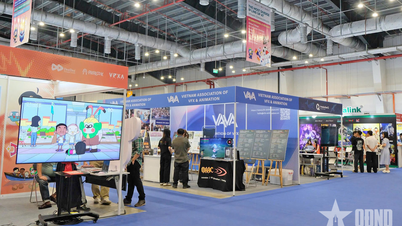

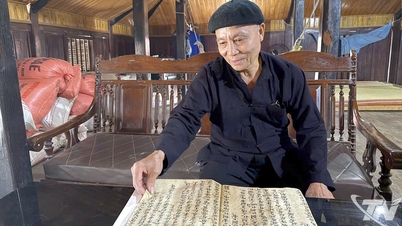

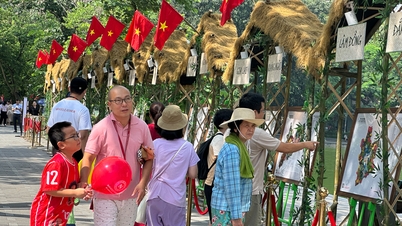

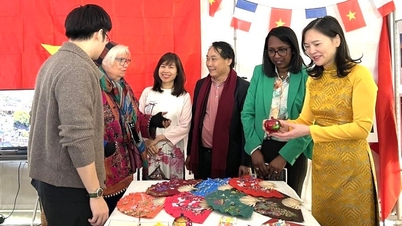

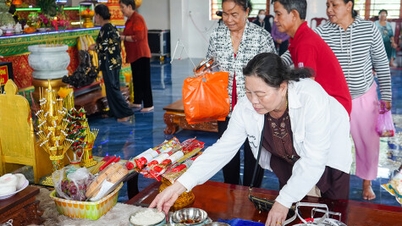

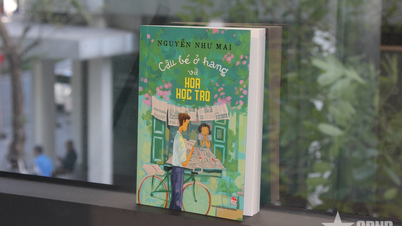
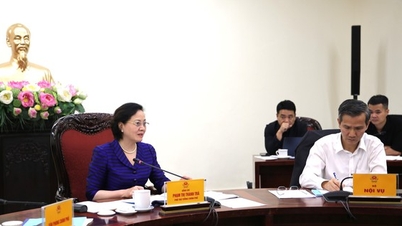

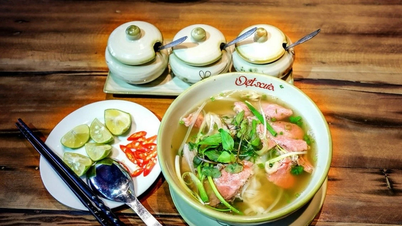

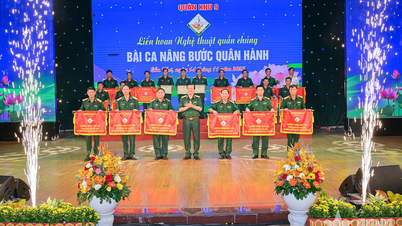
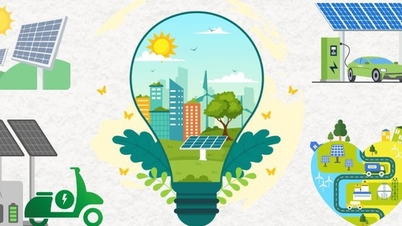
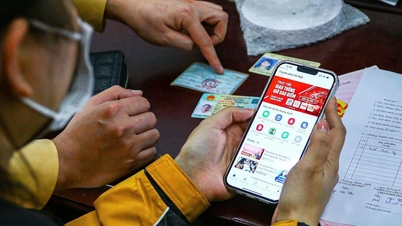








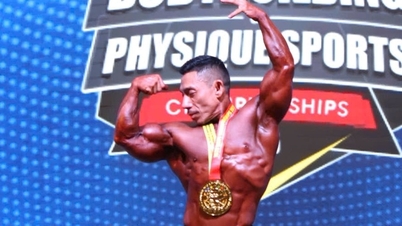
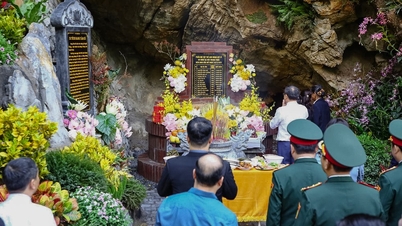
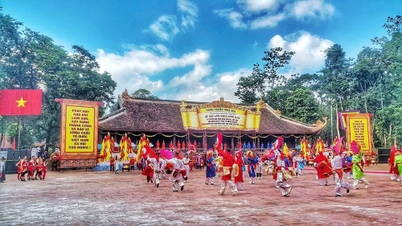

![[Photo] Special class in Tra Linh](https://vphoto.vietnam.vn/thumb/1200x675/vietnam/resource/IMAGE/2025/11/14/1763078485441_ndo_br_lop-hoc-7-jpg.webp)















































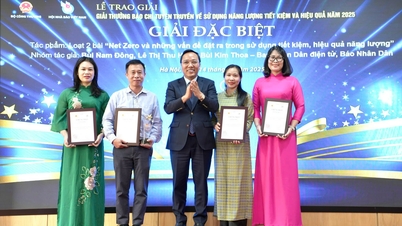

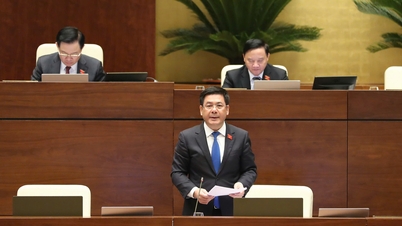

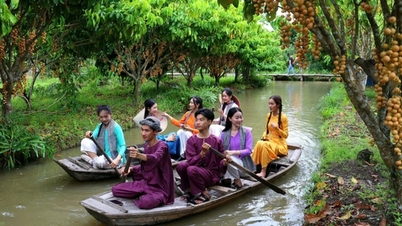



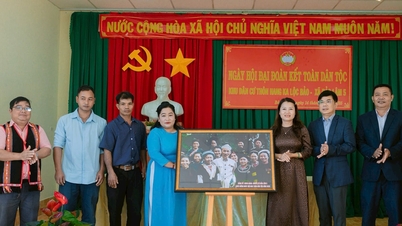



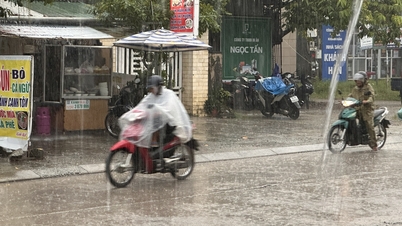

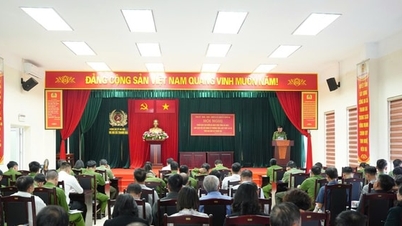

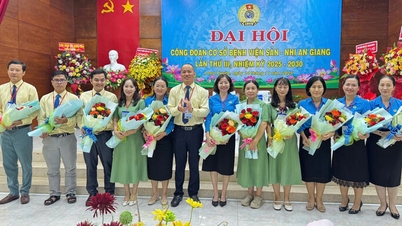












Comment (0)